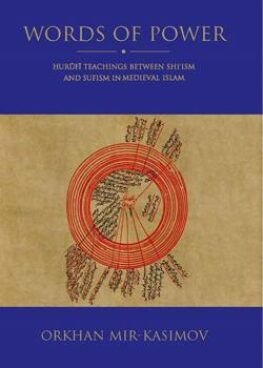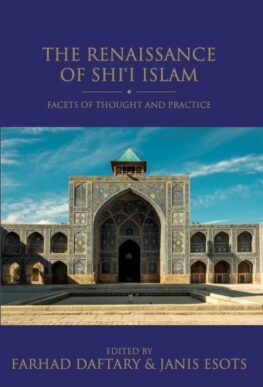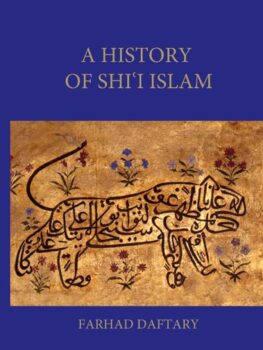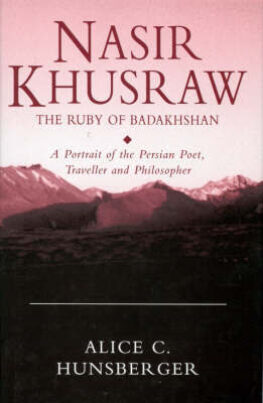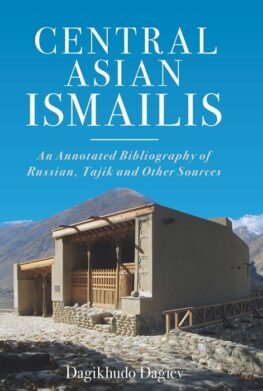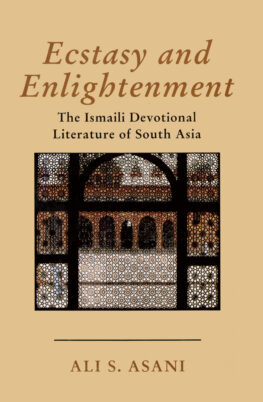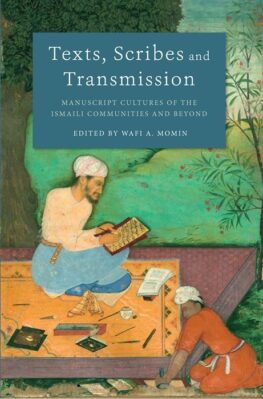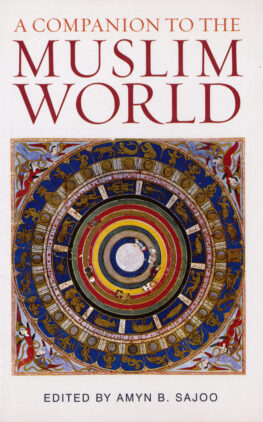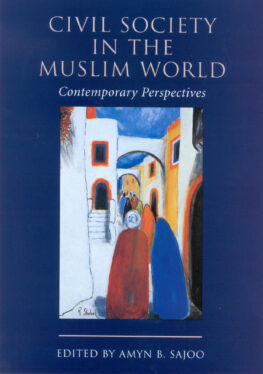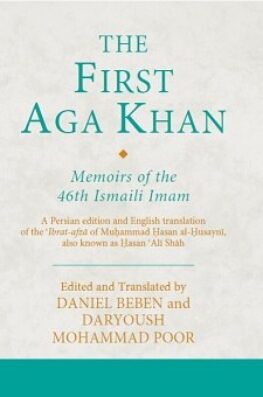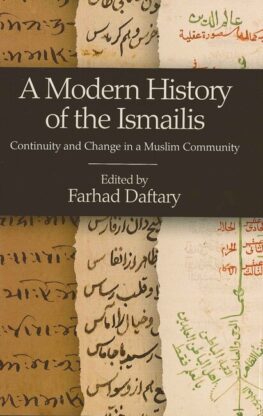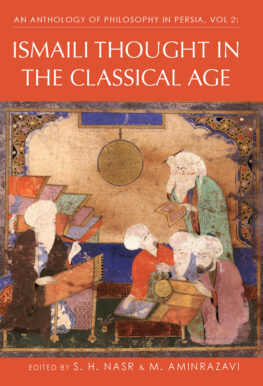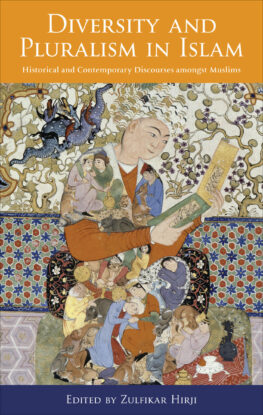Following International Open Access Week 2024 (21-27 October), we take a look at what Open Access publishing means and why it is a growing trend.
Open Access (OA) publishing is underpinned by the ethical principle that knowledge and research should be available to as many people as possible, and that this brings its own manifold benefits. First and foremost, for readers it means that anyone with an internet connection can freely access research and scholarship that is no longer behind a paywall. It helps scholars to publish their work rapidly and for it to have a wider readership and greater impact as recognised through higher citations. It is also useful for academic libraries, which already have many demands on their budgets, and for whom digital publishing is becoming at least as important as printed books.
A brief history of Open Access
The idea of OA publishing arose in the late 1990s and early 2000s with the arrival of the internet and online publishing and was particularly popular in scholarly journals of the natural sciences. It was initially seen as a challenge to the restrictions of copyright law and the commercial interests of influential academic publishers who acted, to a certain extent, as gatekeepers of knowledge. About ten years ago it gained momentum as changes to government funding of universities in Europe and the US meant that research grants were increasingly conditional on publishing their output in OA. This was partly based on the idea that the taxpayers funding universities should not have to pay twice: both to fund research and then to read it. However, the idea really took off during the online boom of the COVID pandemic, as scientists realised that there was an urgent need for open international collaboration to understand the virus, and how to best treat patients and develop vaccines. In January 2024, the funding body UK Research and Innovation (UKRI) mandated OA publishing for any monographs that derive from national funding.
However, OA is not without its critics. There are those who argue that the author-processing charge (APC) typically paid for OA publishing can itself be an unfair and costly barrier that simply moves costs from reader to author, even if this is usually borne by a funding body such as the Arts and Humanities Research Council (AHRC), the scholar’s own institution, or a charity dedicated to supporting OA infrastructure, such as Knowledge Unlatched. There is also a concern that the idea of ‘pay to play’ can affect the quality of scholarship that gets published, while the overall quantity increases exponentially. This can mean it may become harder to identify truly excellent or ground-breaking research. Others argue that the huge amount of work that goes into reputable academic publishing, whether for peer-review, editing, production or marketing, needs to be acknowledged, valued and properly resourced, and that OA publishing does not always recognise this. Not to mention all the wider issues of inequitable internet access, and barriers such as energy shortages, that are more difficult to solve.
Open Access at IIS
In the Department of Academic Research and Publications (DARP) there has been a growing trend towards OA over the past few years across our range of publications. Some of these have been published as OA from the outset, others are earlier publications we have retrospectively transferred to OA. This represents a recognition of the diversity of our international readership and a broad commitment to digital and accessible publishing, while recognising that OA may not be appropriate for all IIS books.
By branching into OA, we remain mindful that the readers of IIS publications encompass both advanced academic research constituencies and the inquisitive minds of the global Ismaili community – a community that is always eager to learn more about its history and the varied expressions of its faith.
As the IIS continues to tentatively explore the way OA can fit within our publishing ecosystem, we invite you to take a look at the Open Access IIS Publications, to download and share them freely, and above all to read them.
Find our Open Access Publications
To access our Open Access publications, click the title below and the green “download or read online for free” text at the top of the description. Click the “Download” button under the search bar. This will give you a PDF copy of the book which you can read on your computer, tablet, phone, or eReader.



